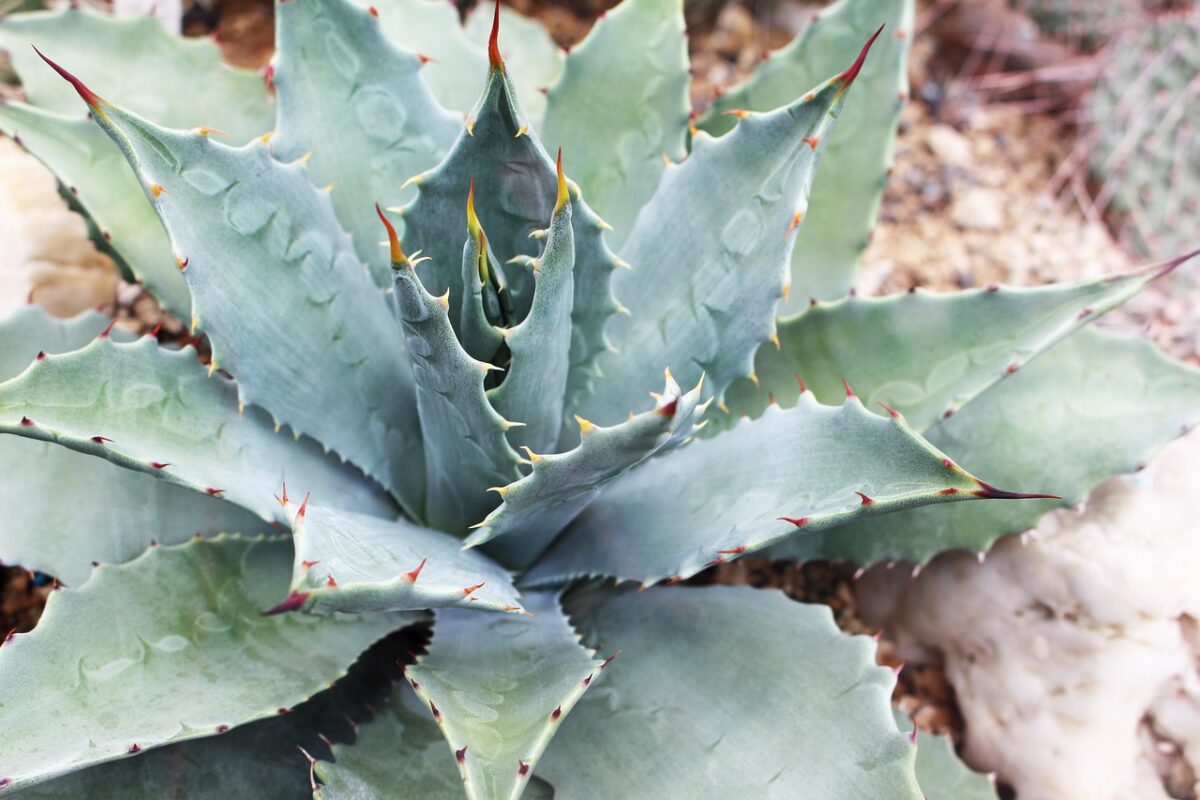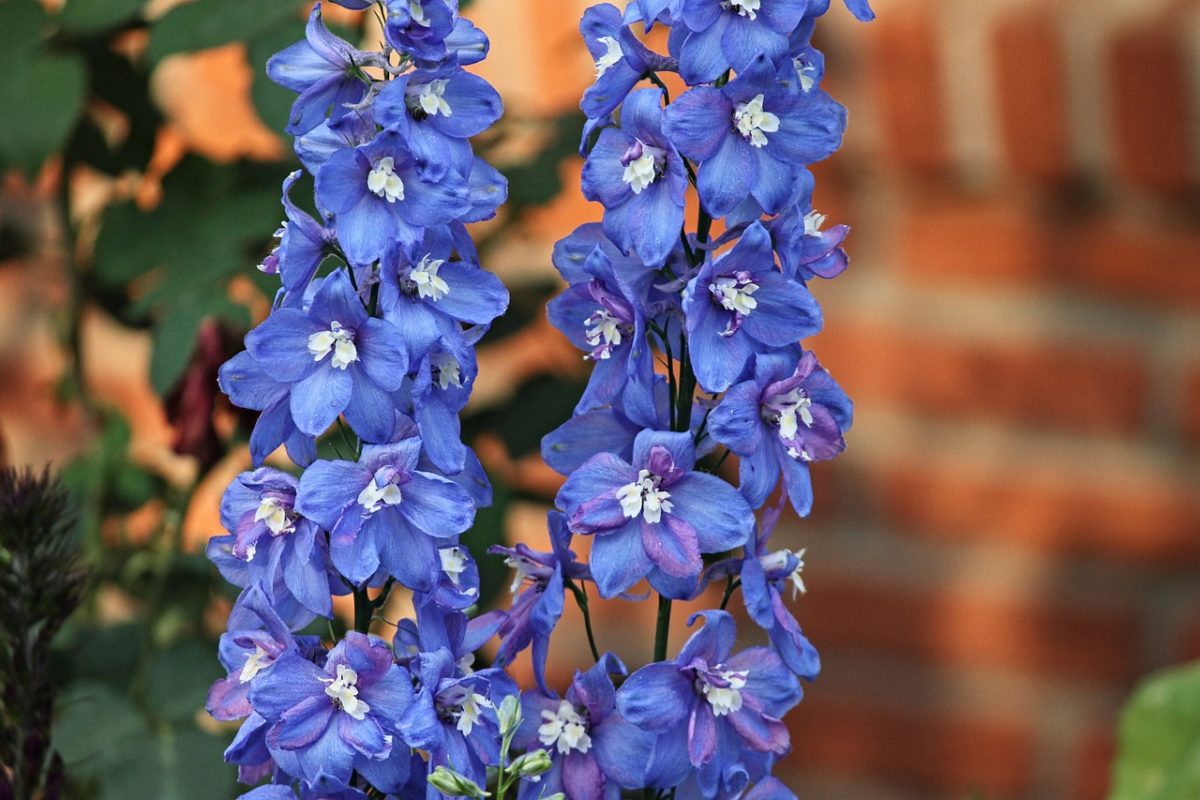Everyone knows that roses have thorns and plant them accordingly in locations that will showcase their beauty, while minimizing the potential of injuries to people and pets. However, individuals often create landscapes only to discover as a plant matures that they have a thorny mess on their hands.
While these thorny plants can be great as a living security barrier, care should be used when planting them as a permanent fixture in the garden. Hikers should also be careful as many thorny plants grow in the wild.
There are a number of plants and shrubs that don’t give any indication of the thorns they’ll develop later on. The following are just some of the thorny shrubs and plants of which people should be aware.
Agave
The same agave that’s harvested for its sweetening effect in food and beverages is also a popular landscape plant with cup-shaped blooms. The succulents protect themselves with thorns or spines on leaf tips.
Bamboo Cycad
The bamboo cycad has an exotic appearance and it’s a unique addition to the landscape. The plant has existed since the dinosaur age, develops sharp thorns, and shouldn’t be planted near sidewalks and other locations frequented by people and pets.
Barberry
Best-known as a plant for hedges and barriers, it offers a change of colors with the seasons. It also produces blooms, attractive berries, and spines.
Bougainvillea
Showy and beautiful, bougainvillea is available in a bush, vine and tree form, all of which have thorns capable of piercing clothing and flesh.
Devil’s Walking Stick
This is a plant many people encounter in the wild. It’s an invasive species that usually takes the form of a multi-stemmed tree resembling a bush. The leaves are equipped with small thorns.
Flowering Quince
Heralded as a harbinger of spring with its bright blooms, its dense growth habit hides sharp thorns and is best planted in the back of a border.
Golden Dewdrop
A beautiful flowering shrub from the tropics, it blooms profusely. The shrub develops sharp thorns on the stems of mature plants.
Yucca
A stately plant that has a symbiotic relationship with the yucca moth, the tips of yucca leaves are sharp and the plant is toxic to people and pets.
RCH Landscaping is a full service landscape company based in Boca Raton, Florida. We design, install, and maintain Commercial and Residential landscapes all around Boca Raton, Delray Beach and The Palm Beach areas. Our team of highly skilled landscape technicians have an undisputed track record of creating and maintaining beautiful commercial and residential landscapes all over South Florida.
Contact RCH Landscaping Today for a Free Estimate
561-779-9760


